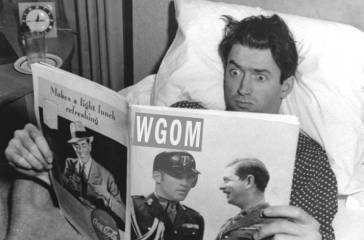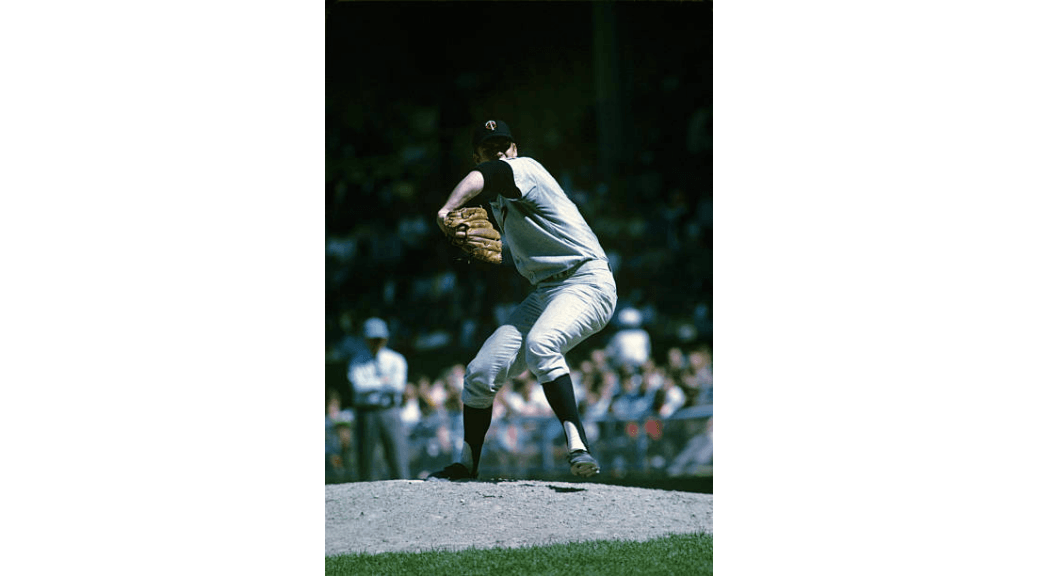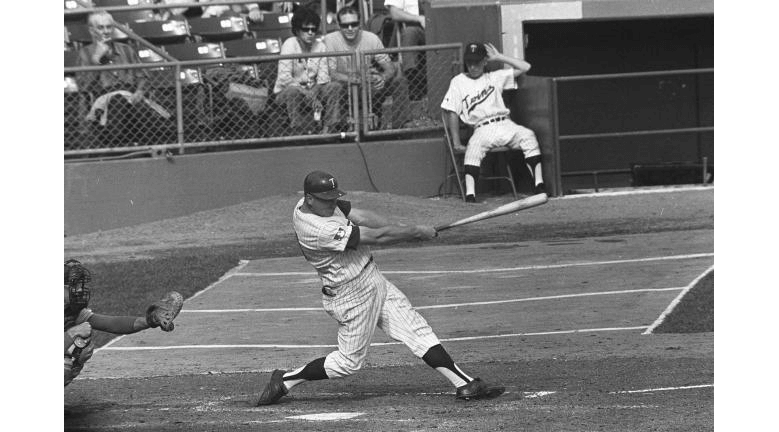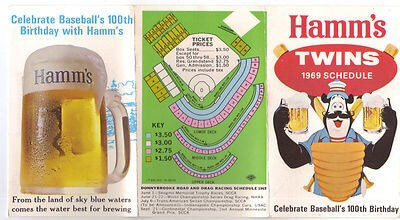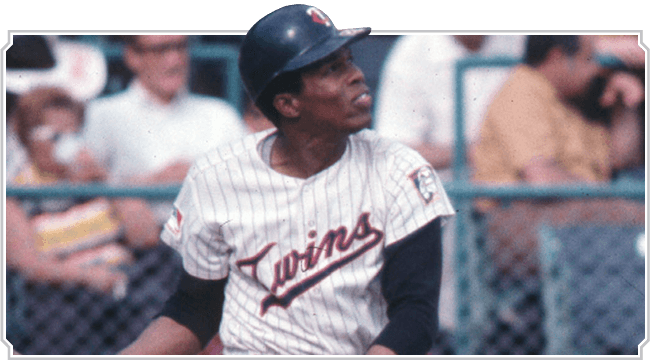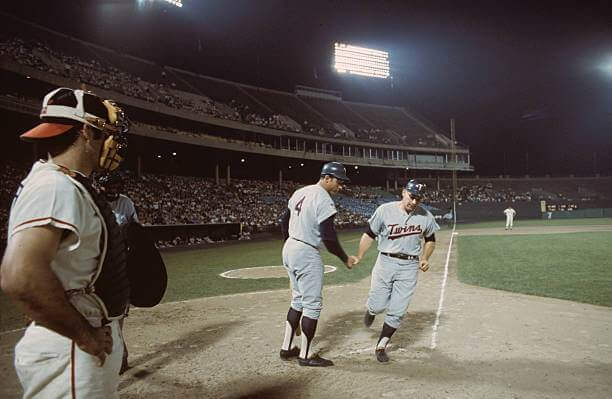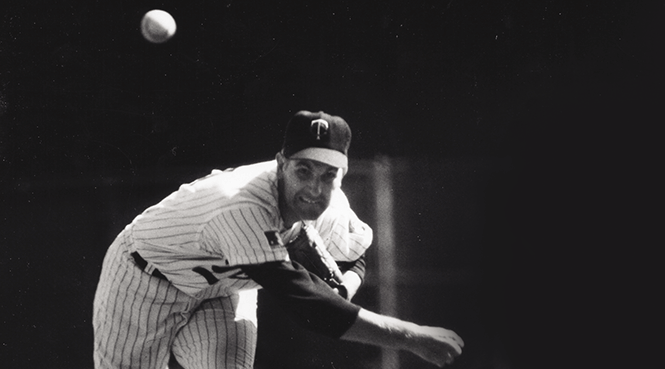DETROIT 3, MINNESOTA 2 IN DETROIT
Date: Sunday, May 11.
Batting stars: Rich Reese was 3-for-4 with three doubles. Rod Carew was 2-for-5 with a double. Ted Uhlaender was 2-for-5. Tony Oliva was 1-for-4 with a home run, his fifth.
Pitching stars: Dick Woodson pitched a scoreless inning, giving up a walk. Bob Miller pitched a scoreless inning, giving up a hit and a walk.
Opposition stars: Al Kaline was 2-for-3 with a home run, his sixth. Jim Price was 2-for-4 with a home run (his third) and a double. Don Wert was 1-for-2 with two walks. Denny McLain pitched 7.2 innings, giving up two runs (one earned) on nine hits and no walks and striking out four.
The game: The Twins opened the game with two singles but never advanced the runners past first and second. The Tigers put men on first and second with one out in the first but also did not advance them. A Reese leadoff double in the second was also wasted. Finally, in the bottom of the second, Price hit a home run that put Detroit up 1-0. Kaline hit a two-out homer in the third that made it 2-0.
Twins starter Jim Kaat was lifted for pinch-hitter Charlie Manuel in the fifth with a man on first and one out. It didn't work, as he fouled to the catcher and the Twins did not score. Carew got a leadoff double in the sixth but was thrown out trying to stretch it to a triple. McLain had an RBI single in the bottom of the sixth to give the Tigers a 3-0 lead.
The Twins finally got on the board in the seventh. Reese doubled, Leo Cardenas reached on an error, and Manuel singled to load the bases with one out. They didn't take much advantage of it, though, as Uhlaender hit into a fielder's choice to bring home the only run of the inning.
Oliva led off the eighth with a home run to cut the margin to 3-2. Reese hit a two-out double, but Pat Dobson came on to strike out Cardenas and end the inning. Uhlaender got a two-out single in the ninth, but that was it.
Minnesota was 1-for-12 with runners in scoring position, stranding nine men. They had ten hits but only two runs.
WP: McLain (5-3). LP: Kaat (2-1). S: Dobson (3).
Notes: Carew raised his average to .394. Manuel went 1-for-3 and was batting .385. Cardenas was 1-for-4 and was batting .314. Nettles was 0-for-2 and was batting .309.
Jim Perry pitched two innings of relief, giving up one run on two hits and two walks and striking out one. His ERA was 2.70. Miller lowered his ERA to 2.89.
Manuel obviously did not keep his average anywhere near .385. He was used primarily as a pinch-hitter and fifth outfielder, which meant he got very sporadic playing time. As a young player (twenty-five and in his first full season), that probably didn't help him any. On the other hand, the 164 at-bats he got in 1969 were the most he had in any season. He always hit well in AAA and also hit well in six seasons in Japan. Could he have done it in the majors, had he been given regular playing time? We'll never know. That's not to criticize Billy Martin for not playing him. With Oliva, Uhlaender, Bob Allison, Cesar Tovar, and Graig Nettles (moved to the outfield with Harmon Killebrew at third base), there just wasn't a spot for Manuel. By the time he got to another organization (the Dodgers), he was thirty and his time had passed.
Don Wert drew two walks in this game. One of them cost the Twins a run, as McLain followed with an RBI single. McLain was batting .250 after this game--Wert was batting .123. The other was an intentional walk in the bottom of the eighth, putting men on first and second with two out to bring up Dobson. I would guess there have not been a lot of intentional walks given to people batting .123. To give Wert proper credit, he would end the season at .225. He actually finished tenth in MVP voting in 1965, when he batted .261/.341/.363. Given the 1960s, those numbers are better than they sound today, although they don't exactly scream MVP.
Record: The Twins were 18-9, tied for first with Oakland, although ahead by two percentage points (.667 to .665).
